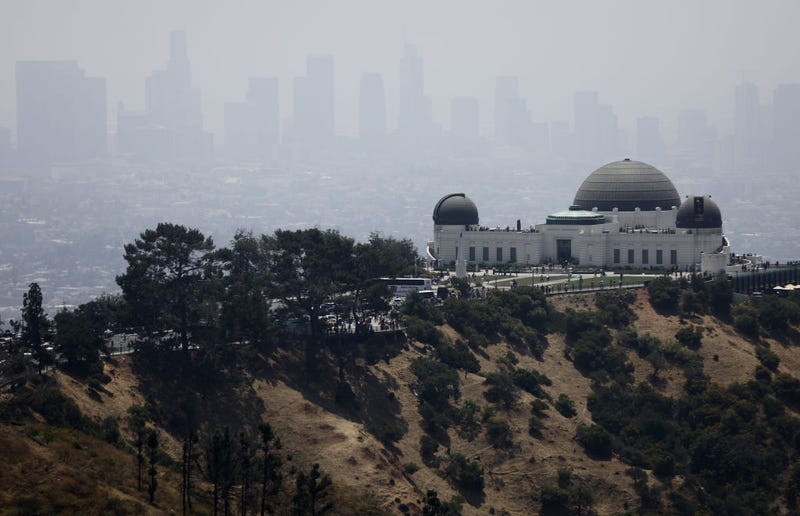
LOS ANGELES (CNS) - With fireworks expected to fill the air with smoke in many part of the region for the Fourth of July, local air regulators warned today of potentially poor air quality that could have negative health effects.
A "particulate advisory" will be in effect Sunday through Monday afternoon due to the anticipate levels of particulate matter in the air, along with metal air pollutants, according to the South Coast Air Quality Management District. The advisory will affect the South Coast Air Basin and the Coachella Valley.
According to the AQMD, the air quality index could reach the "very unhealthy" level.
"The use of personal `backyard' fireworks also contributes to this air pollution and can further increase how much air pollution a person is breathing," according to the AQMD. "In addition, personal `backyard' fireworks may create even higher levels of fine particulate matter locally that are far higher than regional particulate levels."
Regulators said levels of particulate matter in the air on July 4-5 are traditionally among the worst of the year.
"Breathing fine particulate matter can lead to a wide variety of cardiovascular and respiratory health effects such as heart attacks, asthma aggravation, decreased lung function, coughing or difficulty breathing and may lead to premature death in people with heart or lung diseases," according to the AQMD.
